In this new normal, the financial sector has seen challenges especially with managing security. However, telecom operators and recent technological advancements such as 5G, AR and VR provide solutions for addressing these.
In our latest #beinconversation episode, find out why Markus Hap, CTO of ABN AMRO Bank N.V., finds that one of the strengths of telcos is their trust relationship with customers, why partnerships with them, can then help reduce risks to the ecosystem, and why Bridge Alliance is a necessary step into the future to align global communications.
In the last 12-15 months, there is a lot of changes in the market driven by the global pandemic and different factors. So how has all these created challenges for you in the financial sector?
I think the pandemic itself has generated challenges for all of us, not only in the financial sector. And one of the greatest challenges I think is that we all had to take a decentralized approach towards our workforce working from home and the new normal. But what does that actually mean? It sounds so nice, everybody can work from home but they still need to work in the official systems of the corporations that they work for. And that means suddenly new parties come into the equation. Suddenly you need video conferencing solutions that you didn’t need before. You need remote access solutions to enable people to work from home. Well, that suddenly becomes what we call an ecosystem and out of the ecosystem comes the challenges. Because it is nice if you just take a look at it but remove yourself from the small picture and enter the bigger picture and you have no control about these ecosystems. So you have to talk about security. How do you secure these ecosystems? But because you don’t know who the other partners in the ecosystems are, what is actually the risk that you are introducing to your company once you start engaging in those ecosystems? And I think one of the other challenges is a kind of social loneliness. People work from home. Suddenly they cannot turn around to their colleague anymore to ask a question. If they want to talk with each other, they need meaningful tools that are available on the spot. Do we have those yet? No. Yeah I can most probably use a chat functionality at any point in time to engage with someone but that chat functionality is not good for communication. And if I sit in the office, I’ll turn around and I’ll ask a question. I get a strange email that comes in. I’ll ask my colleague, “Hey did you also receive that email?” And I see in the face whether the person is concerned or not. I lose these facial expressions that also guide me in my decision making, where we had before in any regular office space. Let’s say swarm intelligence or crowd intelligence that drove decision-making. Just in the micro picture. We are losing these, and how can we regain those to still be in control of our environments or to be in control of the risks of our environments and still drive into the future? I find this is one of the biggest challenges that we’re currently facing.
That is really an area where telcos are out there trying to solve all these problems. Because telco is about connecting people, right? Providing that fabric of digital connectivity. So in your view, what is your role of telco in working together with enterprises like yourself to actually overcome all these challenges that has been introduced in the last 12 months, or rather I would say it has accelerated some of these trends?
I find that one of the strengths of telecom providers is that in general, they are in a trust relationship with their clients because they have all the personal details. They have, out of whatever regulatory reasons, access to most of the calls. Whether they are allowed to access it or not is a different topic, but it is a trust relationship. And if I have to make a decision how to build the future, then I want to reduce risks to the ecosystem I have to use. And then telecoms become the trusted partner for that. Telecoms also, and I think if we take a look at recent technological advancements, can provide solutions that carry a lot more data than was possible before. And then therein lies their strength.
In the telco world, we are always very excited when there’s a new G coming out, right? From 2G, 3G, 4G and now, 5G. So what’s your view on what might 5G open up?
5G opens up a lot of data that can be transported at the same time which of course opens up, higher computational power. We also see that for example, in mobile phone devices, we nowadays have the processing power of what we had 10 years ago in a PC, just very, very small. And if I take a look at what could be achieved with this computational power 10 years ago, I am amazed at what technology we nowadays have at our hands. And if I take a look at, for example, real-time rendering, I take multiple video screens, render them at the same time and then provide the output immediately over the mobile network. I find that pretty amazing, I have to say.
And in financial services, do you think emerging technology like 5G, AR, VR, or now we talk about communications platform-as-a-service, right? Because telcos are increasingly opening up the network component to be utilized or embedded into the workflow of enterprises through API calls. So those are the trends that telcos are moving towards. How do you see that facilitating of how banking industry will work?
I think we already see as a fact that branch offices all across the world are reducing. Because it’s a very costly disposition to have. So what happens nowadays, we see a lot of the terms of gamification for example. And recently, there was one platform that was introduced in the Netherlands, “MyBook”, which is actually a virtual meeting room, where everybody runs around with their actual face. It is still far away from AR or VR. But I think this is where we are going to and I think that in the future, if I want to visit my bank, I will not visit a bank anymore. I will visit an AR or VR branch of my bank where I then have immediate access to my advisor, and all the services that are available in the background. And that will give me the feeling that I am still in a bank because banking is a very personal business. And even though we are digitalizing a lot, we see those things like say, checking your account balance, it’s something you can easily do online because it has become a trusted technology. But if you’re talking about investments that are, let’s say, on the upper end of high-net-worth individuals, that doesn’t happen online. That still happens face-to-face or in an office. And I think that over time, VR and AR will bridge that gap and will allow us to enjoy more virtual. We see nowadays that some online shopping platforms allow us already by taking a picture of us, we can actually put on the dresses and we can see what it looks like. But this rendering, of course, I can also with the help of telcos, become a mobile thing. While I am on the move, doing that and rendering in real-time. So I think, there are a lot of applications that telcos have at their hand and they have enormous power because of that trust relationship.
So if you look at how telcos have been working together with enterprises like yourself, are there areas that you wish telcos should be doing even better than today?
Because I think that what the telcos are still doing is taking like a tunnel vision on their business. It’s every country for themselves. Bridge Alliance is the absolute right and necessary step into the future because we need to align this global communication. We need to ensure that there is security and not that all these solutions are standalone. And what I can also see, because in the end, telcos are also in it for the profit. We all are. But does every telco need to provide the same non-USP part themselves? Or could they source that to Bridge Alliance where then a white label service is being performed for everything that every telco anyway needs to do? Thereby, ensuring that this alliance has the best resources out of all providers, thereby, the highest horsepower on the street, but also ensuring that the costs everywhere go down because consumers are not going to pay a lot more. Consumers are used to their $40-50 per month. And they are not going to change that. But if you need to regain all your investment efforts on the next G because all the Gs are expensive, then you need to come up with other clever solutions. And I think this is where Bridge Alliance can play a major role in combining the telecom providers.



